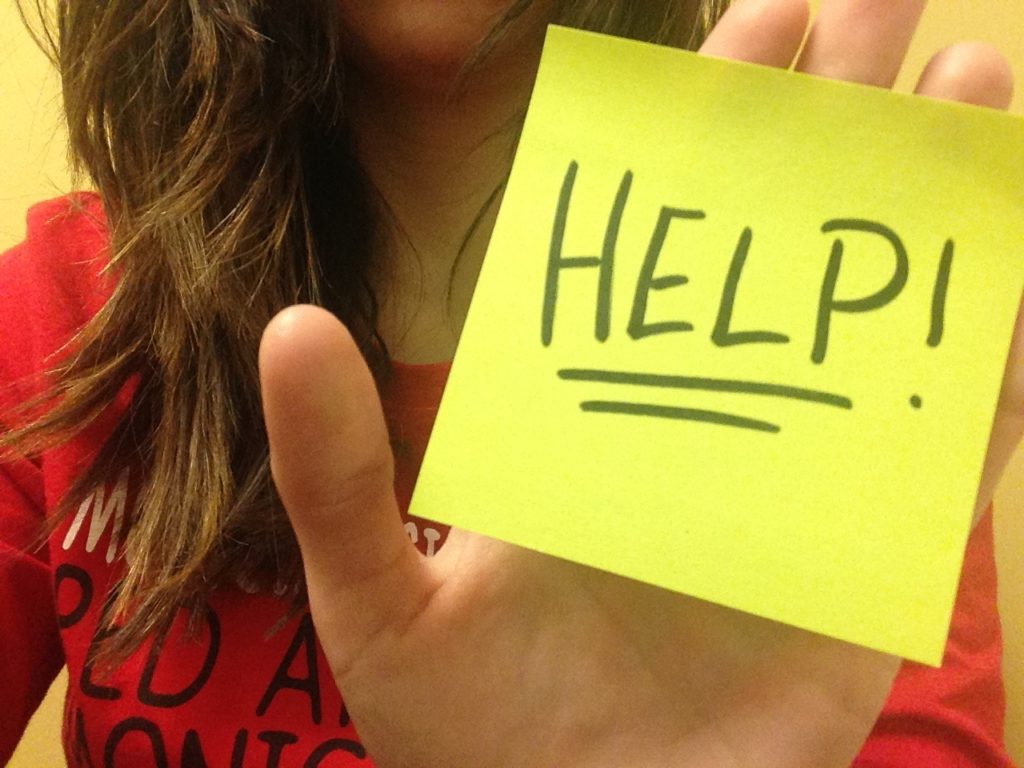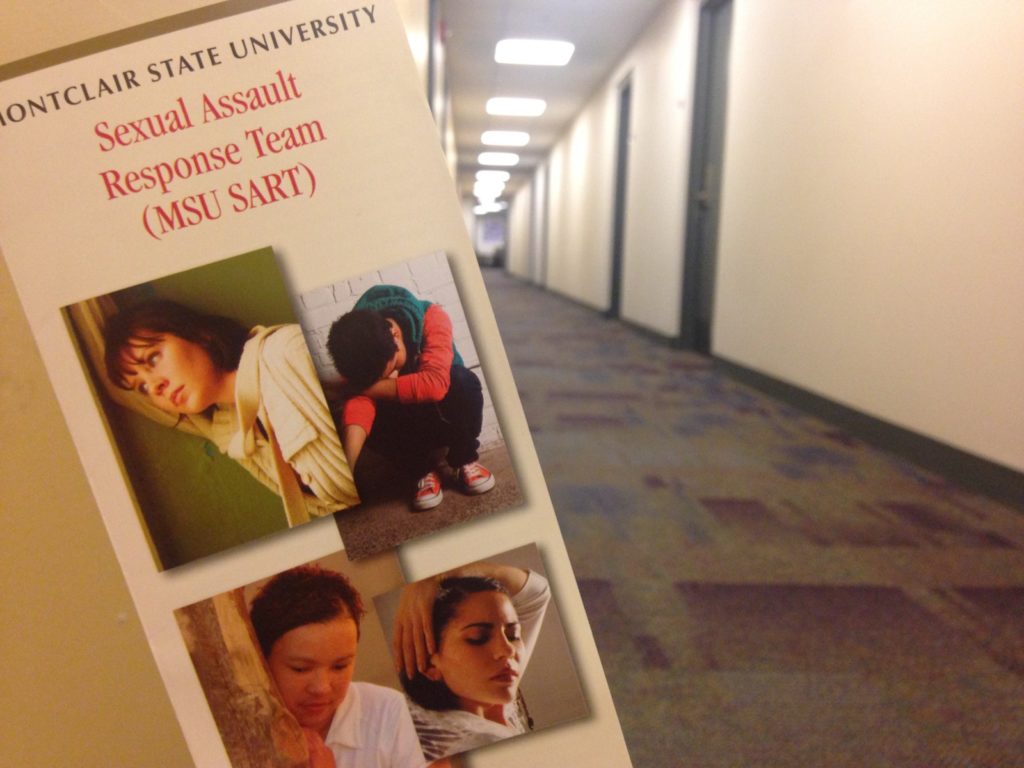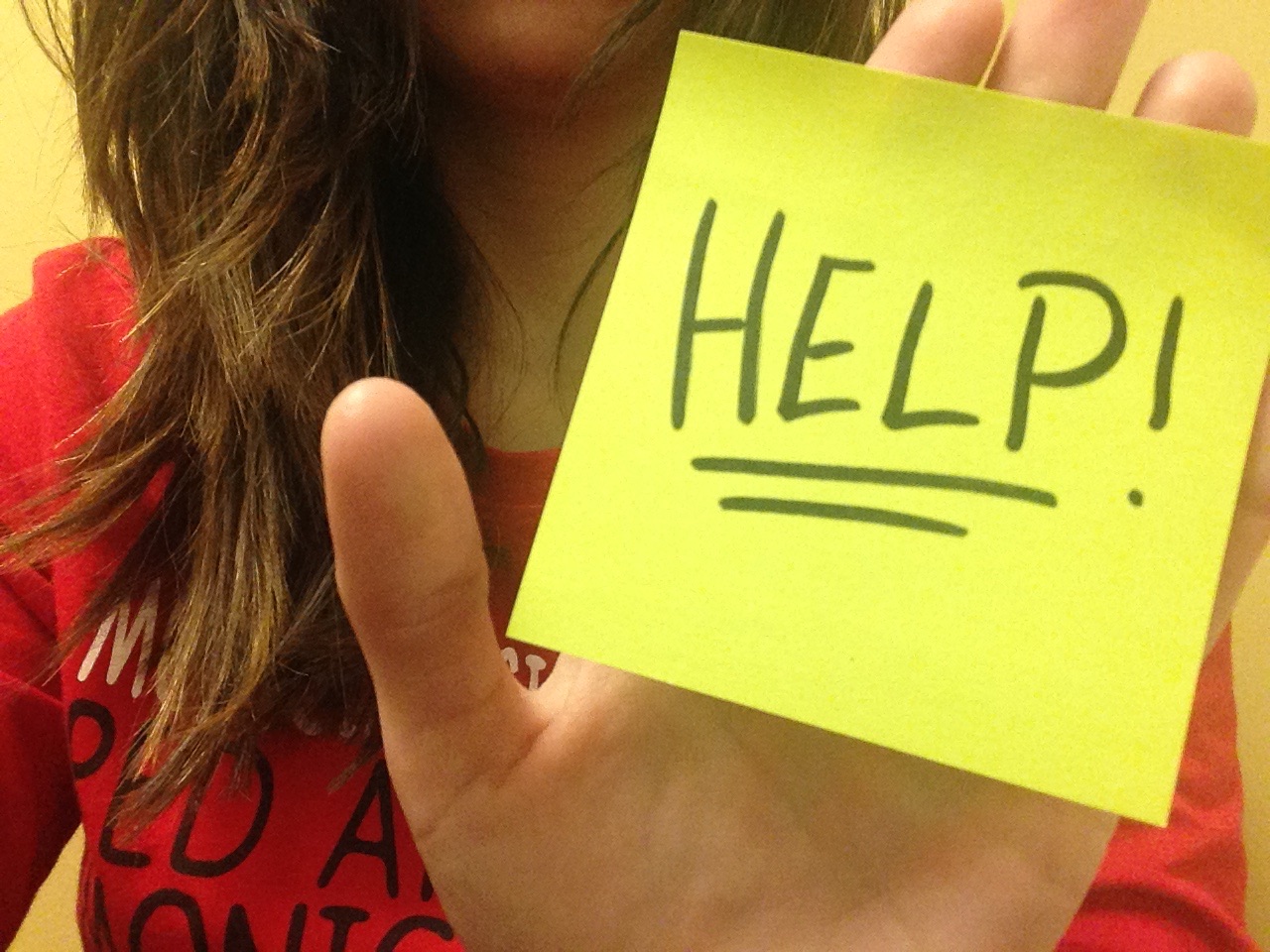
There are many options offered by the university in response to sexual assault.
Photo Credit: Jayna Gugliucci
In the past year, there have been five reported acts of sexual assault at Montclair State University. However, this statistic fails to take into account the number of other instances that could have also occurred and simply gone unreported.
For this reason, the university provides a comprehensive list of resources across campus and within the surrounding community for victims of sexual violence. These outlets are designed to not only encourage victims to come forward, but take the steps necessary to ensure both their physical and mental health.
Though most incidents remain unreported, those who do come forward often seek help by approaching a community leader they trust. While this individual can take the form of a professor, faculty or staff member, the Sexual Assault Response Team (SART) at Montclair State often acts as a bridge between those sources following an act of sexual violence.
“Our SART system has been in existence since 2002, way before the country acknowledged there was a problem of sexual assault on college campuses,” said Dr. Donna Barry, Director of the University Health Center (UHC). “We were attuned to it from the beginning and decided to address it upfront in a very transparent manner.”
Modeled after the state system, the team gives students 24/7 access to resources such as the University Police Department and UHC, who are always on-call, as well as specifically authorized to handle cases regarding sexual violence.
“Through SART, [a victim] can get help from multiple departments across campus because [UHC has] done training with those individuals to know what to do and how to [help],” said Barry. “Once they do that, [the victim has] choices to make. [A victim] can choose any or all of the services available to [him/her].”
More often than not, the primary choice a victim makes is to speak with the University Police Department. “If any person comes to report a sexual assault, we promptly begin with care of the victim first,” said Lieutenant Kieran Barrett of the University Police Department. “Direct service can be interpreted differently, but I do believe that explaining options in a clear manner and allowing the victim to make choices is paramount. Ensuring that the proper care is relayed to them is essential to them becoming a survivor of sexual assault.”

Montclair State’s Sexual Assault Response Team was created in 2002 to assist students in the aftermath of sexual assault.
Photo Credit: Jayna Gugliucci
Dependent on the specifics of the incident and the wishes of the victim, there are various turns a path to recovery can take. In one of the most commonly recommended steps, representatives at the UHC work toward the treatment of students who have been sexually assaulted. Forensic nurses offer a medical exam to ensure overall wellness of the victim as well as provide evidence for investigative purposes.
While their roles may be slightly different, both UHC as well as Counseling and Psychological Services offer either an advocate or counselor, respectively, for a victim’s needs. Though this individual may be located within the campus community or outsourced to a nearby facility, the conversations the two representatives have with the victim do remain confidential and help to encourage his/her general well-being.
However, though an individual may reject these services, the assaulted student as well as the accused individual(s) will be directed to Dr. Shannon Gary, Associate Dean of Students. “There is a number of ways a student is able to report that they’ve been a victim of sexual assault,” said Gary. “My role is to get more information regarding the case, collect names of potential witnesses and interview all individuals involved. Once a student has exercised their right to have a Title IX investigation, it’s important to follow their lead from there.”
In the event that the victim wishes to file student conduct charges, a university panel can oversee the case, a no-contact order can be established and living as well as social accommodations can be made to facilitate one’s recovery from such an act. However, though these options are open and available to students at any time, there are still cases that remain unreported.
“Sexual assault is a violent and traumatic crime,” said Barrett. “We must understand that not everyone is comfortable talking to police or University officials. Our goal is only to ensure that [affected students] are safe, cared for and on the road to wellness.”



